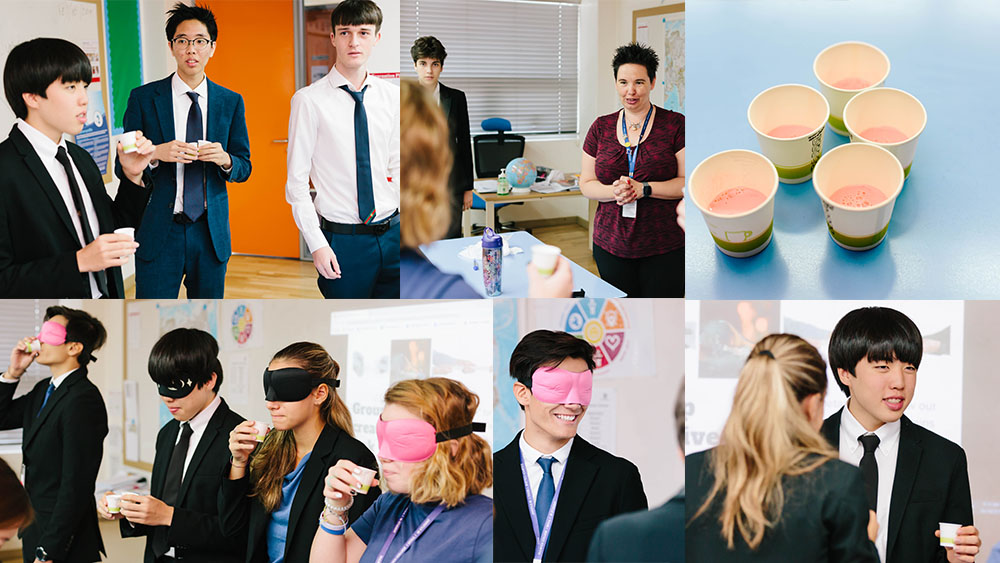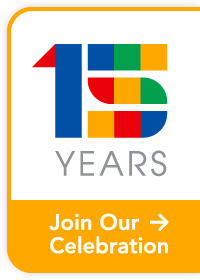- Home
- Dulwich Life
- Theory of Knowledge - Can we trust our senses?
During Theory of Knowledge lessons, Year 12 have been investigating whether senses can be trusted in forming knowledge. In an experiment conducted last week, we had to taste different types of yoghurts, some of which were original in colour and flavour, and others which had been dyed.
The first challenge was to try to guess what the flavour of a yoghurt was judging by its colour, its smell, and its taste. Most students got the flavour wrong.
The second challenge consisted of tasting the different flavours as before, but this time students were blindfolded. By doing this, it forced us to only use our senses of smell and taste. This time, more students guessed the flavour correctly.
The third and final challenge consisted of tasting the yoghurts again, but this time by being blindfolded and blocking our noses. This meant that we were only allowed to use the sense of taste. This time, every single student guessed the flavours correctly apart from one student.

This experiment showed us that focusing on one sense might be more reliable than relying on more senses at once. Eyesight is obviously going to trick our brain in the decisions we make, since our brain is well used to connecting colours with specific meanings and the representation of a specific item. Having vanilla yoghurt look like a strawberry yoghurt will make our senses unreliable.
Through this unit we have realised that whilst our senses are important in helping us understand the world around us, we need to evaluate the information we receive through experimental methods to see whether it is reliable or not. We also explored how false inputs from our senses can impact our memories leading to debates on whether eye witness testimonies should be allowed and about all things that can influence our knowledge of the world around us.
Olivia and Hugo Year 12






